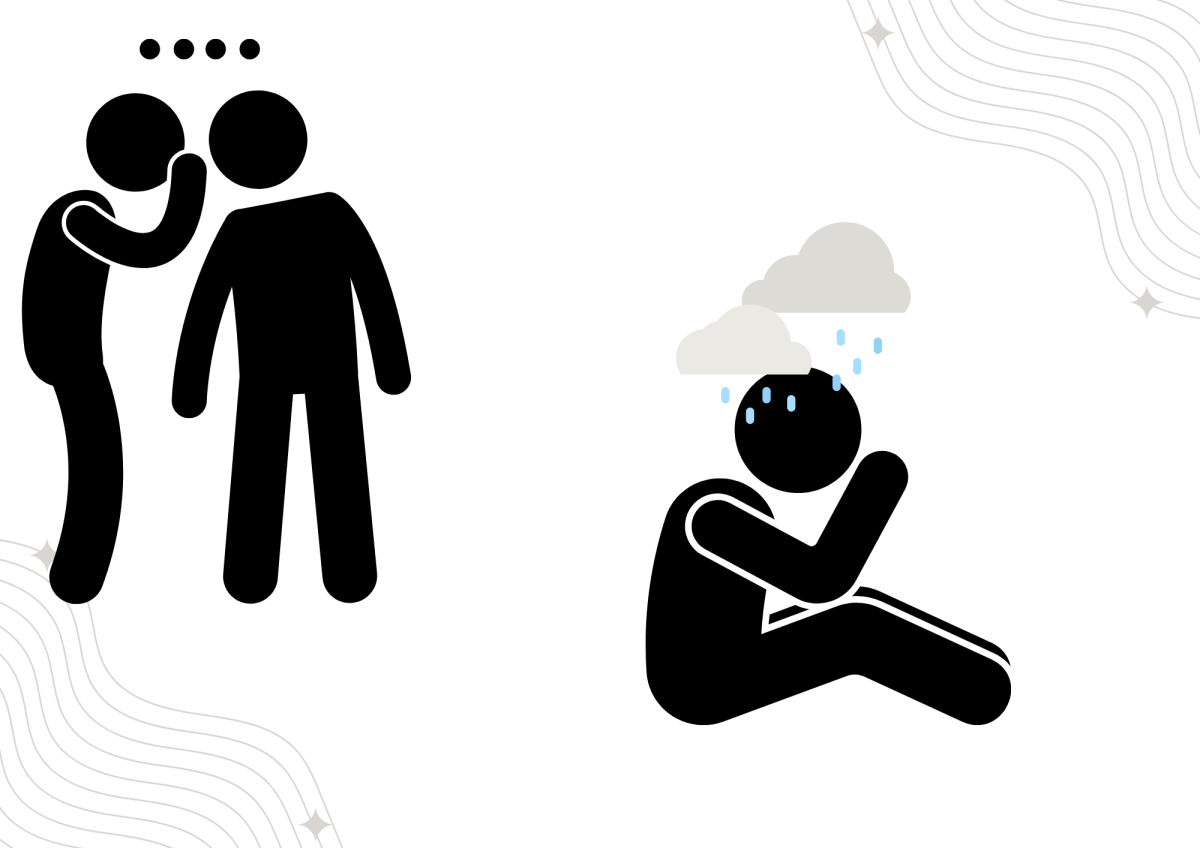Homework Overload
At 11 p.m. at night, a high school student sits at a desk with a stack of assignments due the next day. In math, 30 problems to complete, showing all work. In science, a worksheet, front and back. Spanish vocabulary for tomorrow’s test. Journal responses on a handful of chapters in English. It’s a long night ahead.
This workload is typical, many late nights are spent with obscene amounts of homework. It’s too much for students.
Guidelines recommended by the National Education Association (NEA) state that a student should be assigned no more than 10 minutes of homework per grade level per night. For example, a first grader should only have 10 minutes, a second grader, 20 minutes, and so on. That means a freshman in high school should have no more than 90 minutes of homework, yet this is often doubled or even tripled.
The workload on students can have many negative effects. According to William Crain, Ph.D., a professor of psychology at City College of New York and the author of Reclaiming Childhood, “Kids are developing more school-related stomach aches, headaches, sleep problems, and depression than ever before.” On average, a students is at a desk for seven hours a day, with an additional two or more hours of homework every night, they have a 45 to 55 hour work week.
In addition, a student who receives extreme amounts homework “will miss out on active playtime, essential for learning social skills, proper brain development, and warding off childhood obesity,” according to Harris Cooper, Ph.D., a professor of psychology and neuroscience at Duke University. Too much work can be physically debilitating for students.
Although teachers are the ones who assign homework, they don’t deserve all the blame. Teachers are under more pressure than ever, be it from administration or parents who desire high scores on standardized tests. Teachers who are under pressure to perform tend to assign more homework. Unfortunately, most teachers have never heard of the NEA homework standards. They aren’t educated on good and bad homework. Most teachers are just improvising.
Some teachers and parents think that assigning a lot of homework is beneficial, but a Duke University review of a number of students found almost no tie between high amounts of homework and long term achievements.
Most teachers assign homework as a drill to improve students’ memorization of material. While drills and repetitive exercises have their place in schools, homework is not always that place. If a student does a math worksheet with 50 problems but completes them incorrectly, they will likely fail the test. According to the U.S. Department of Education, most math teachers can tell after checking five algebraic equations whether a student understood the necessary concepts. Practicing dozens of homework problems incorrectly only cements the wrong method.
Some schools are already taking steps to improve the problem. Mason-Rice Elementary School in Newton, MA, has limited homework, keeping to the “10 minute rule.” Raymond Park Middle School in Indianapolis has written a policy instructing teachers to “assign homework only when you feel the assignment is valuable.” The policy also states, “A night off is better than homework which serves no worthwhile purpose.” Others, such as Oak Knoll Elementary School in Menlo Park, California, have considered eliminating homework altogether. These schools have began to reform homework for their students, and so should everyone else.



































